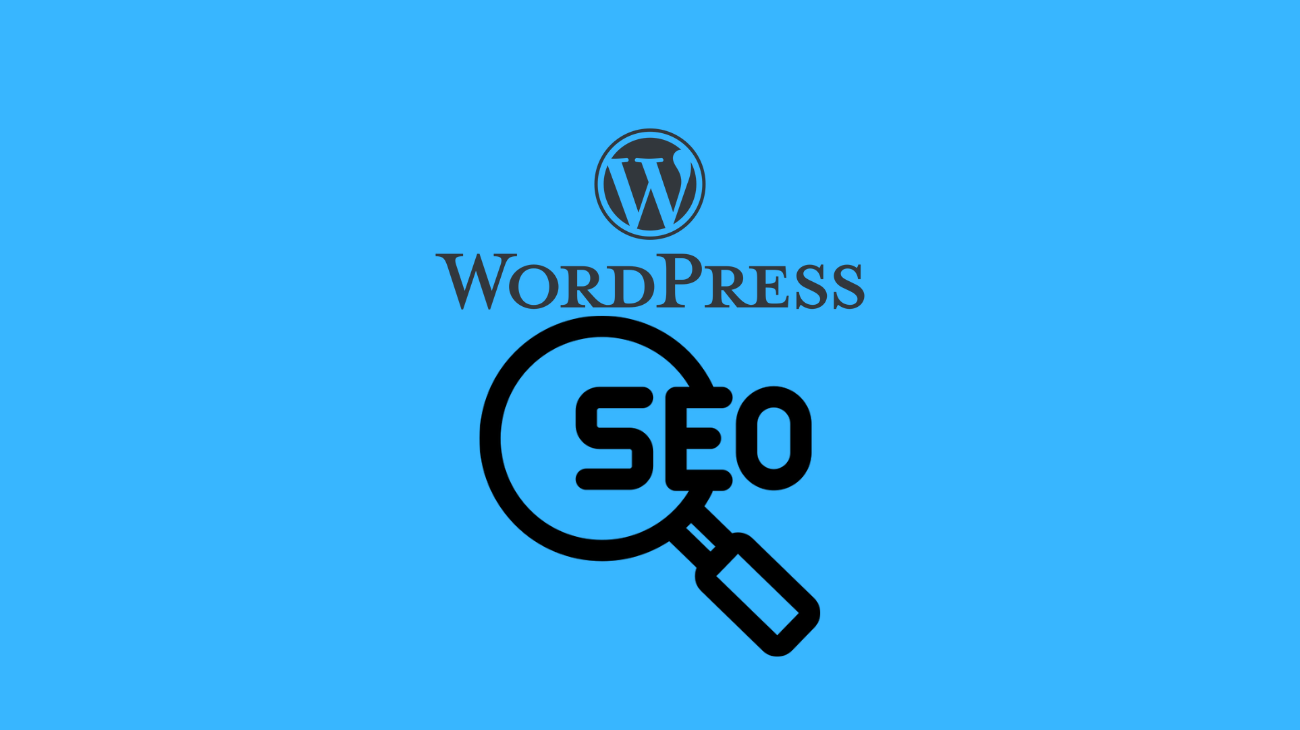WordPress hosting serves as a tailored solution for WordPress websites, which dominate more than 40% of the online landscape. When it comes to powering blogs, businesses, and creative ventures, WordPress stands out. Choosing the right hosting provider is pivotal for optimizing your website’s performance, security, and user experience. In this comprehensive guide, we’ll delve into the realm of WordPress hosting, explore various hosting types, and empower you to make a well-informed decision for your online journey.

ALSO READ: Unveiling the Power of Web Hosting with Hostinger: Your Path to a Successful Online Presence
Table of Contents
- Decoding WordPress Hosting
- Diverse WordPress Hosting Options
- Shared Hosting: A Shared Beginning
- VPS Hosting: The Virtual Power
- Managed Hosting: Simplify and Elevate
- Dedicated Server Hosting: Exclusivity Matters
- Cloud Hosting: The Scalability Paradigm
- Essential Factors to Weigh
- Performance Dynamics
- Unwavering Uptime
- Fortified Security
- Scaling Possibilities
- Support Accessibility
- Prominent WordPress Hosting Providers
- Crazydomains
- Name.com
- Hostinger
- HostGator
- Namecheap
- Seamless WordPress Migration
- Fine-tuning WordPress Performance
- Embracing Caching Mechanisms
- Harnessing Content Delivery Networks (CDNs)
- Mastering Image Optimization
- Streamlined Script Management
- Concluding Thoughts
Decoding WordPress Hosting
Designed with precision, WordPress hosting caters to the exclusive needs of WordPress websites. Unlike generic hosting, it’s optimized for seamless integration with WordPress, translating into superior speed, security, and performance.
Diverse WordPress Hosting Options
- Shared Hosting: Ideal for novices and smaller sites, shared hosting pools server resources. While cost-effective, it can lead to performance fluctuations during traffic spikes.
- VPS Hosting: Virtual Private Servers offer dedicated resources and control. A strong option for growing sites, VPS hosting delivers better performance compared to shared hosting.
- Managed WordPress Hosting: This premium choice ensures complete WordPress optimization. Providers manage updates, backups, security, and performance, freeing you to focus on content creation.
- Dedicated Server Hosting: With a dedicated server, you have full resource control. This suits larger websites with substantial traffic.
- Cloud Hosting: Cloud hosting assures scalability and reliability via a network of servers, ensuring site availability even if one server falters.
Essential Factors to Weigh
- Performance Dynamics: Swift site loading is crucial for user satisfaction and SEO. SSD storage, server-level caching, and content delivery networks (CDNs) enhance performance.
- Unwavering Uptime: Reliability matters. Opt for a host with a track record of high uptime to ensure constant accessibility.
- Fortified Security: Robust security mechanisms like firewalls, malware scans, and automated updates are imperative for safeguarding your site and user data.
- Scaling Possibilities: Choose a host offering scalability options for future growth. VPS, cloud, and dedicated hosting plans excel in this regard.
- Support Accessibility: Responsive customer support can save you from potential hassles. Look for hosts providing round-the-clock assistance through diverse channels.
Prominent WordPress Hosting Providers
- Crazydomains: Known for versatility, Crazydomains offers optimized WordPress hosting and an array of features to bolster your online presence.
- Name.com: Empowerment takes center stage with Name.com‘s managed WordPress hosting, enhancing your website’s performance and security.
- Hostinger: Known for affordability and performance, Hostinger offers optimized WordPress hosting with a user-friendly interface and 24/7 customer support.
- HostGator: Strike a balance between reliability and affordability with HostGator‘s offerings, complemented by user-friendly interfaces.
- Namecheap: Simplicity and value define Namecheap, making it a solid choice for those seeking efficient hosting solutions.
Seamless WordPress Migration
Smooth migration is vital if you’re changing hosts. Many hosts offer migration services or plugins to simplify the process. Always back up data and databases before proceeding.
Fine-tuning WordPress Performance
Elevate your site’s speed and performance with these strategies:
- Embracing Caching Mechanisms: Plugins like W3 Total Cache or WP Super Cache store static site versions, enhancing loading times.
- Harnessing Content Delivery Networks (CDNs): CDNs distribute content across global servers, reducing latency and boosting loading speeds.
- Mastering Image Optimization: Utilize plugins like Smush to optimize images, reducing file sizes without compromising quality.
- Streamlined Script Management: Minimize HTML, CSS, and JavaScript files to trim unnecessary code and improve page load times.
Concluding Thoughts
Selecting the right hosting provider fundamentally shapes your website’s performance, security, and ultimate success. By comprehending various hosting types, evaluating critical factors, and optimizing performance, you’re paving the way for a robust online presence driven by WordPress. Whether you’re a blogger, entrepreneur, or creative professional, a well-optimized WordPress site sets the stage for your digital aspirations.





One Comment on “Navigating WordPress Hosting: Finding Your Ideal Solution”